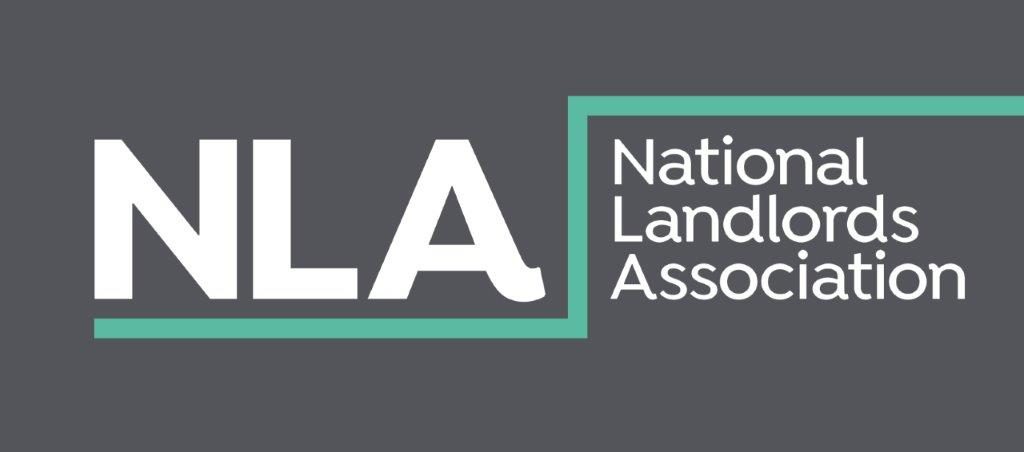

There is no shortage of long-term tenants looking for a home. In fact, there’s not enough property to house the influx of renters easing back into school and work. Ads receive hundreds of responses as desperate office workers and university students race to land a room.
But for landlords, the issue isn’t attracting tenants. The real work lies in drawing in the right kind of tenant to your property.
While the average rental duration is on the rise, many major cities such as Cardiff and Leeds still see a relatively quick turnover of tenants. It takes around 22 days to fill a vacancy. Collectively, landlords lose an estimate of £547 every year to void periods.
Benefits Of Long-Term Tenancies
A steady stream of short-term tenants can seem appealing at a glance. And for some properties – like holiday homes designed for platforms like AirBnB – it’s the most lucrative business model. But unless you’re letting a summer cottage out in Swanage or West Bay for vacationers, offering your property to long-term tenants offers more stability.
That’s currently in short supply if you’re a landlord. High inflation rates have slashed into a once lucrative rental market. Reforms that will ban “no fault” evictions threaten to saddle landlords with difficult renters and tedious tussles in court.
Short-term lets also aren’t for landlords who let as a side business. Frequent turnovers mean more handling, dealing with tenants, and maintenance in between. If you have little time, managing a short-term let can quickly become a pain.
Your Guide To Drawing In Long-Term Lets
If you’re looking to let long-term, how do you attract tenants that can give you a steady, low maintenance source of income for years?
Don’t Rush the Screening Process
Hundreds of applications and eager tenants are jostling for space. People will naturally want to put their best foot – and offer – forward in hopes of locking down a property. Unfortunately, a keenness to dot i’s and cross t’s doesn’t automatically make someone a good candidate. How sure are you about a tenant’s ability to pay rent on time? Can you really trust these people to care for your property?
There’s no direct test that will give you answers. But you can infer using data from a few sources. For instance, payslips and proof of employment will tell you about a tenant’s financial capacity. Criminal checks can increase confidence in trustworthiness. If a tenant isn’t a first time renter, you can reach out to their previous landlords for valuable insight you can only get from experience.
Renovate and Repair
While people may settle for shoddy and poorly kept rooms in the interim, they’ll be thinking of searching for new lets even before they completely unpack their belongings. The first step in keeping tenants around for the long haul starts with making a home they’ll hate to leave.
Nobody wants to go home to peeling paint. Sprucing up your property can work wonders for encouraging tenants to stay longer. Preventive maintenance will make everyone happier. Landlords won’t have to deal with fixes for longer, and tenants won’t have to deal with the disruption caused by a leaky pipe or mouldy walls.
Supply Useful Utilities
Homeownership is the lowest it’s been in years. Faced with rising mortgages and a scant number of low to moderately affordable housing, people are putting off buying homes in favour of renting.
Coupled with many still trying to financially rebuild after the pandemic, anything that can help save a few pounds is a welcome boon. Furnishing your property with essential yet pricey household appliances–also known as “white goods”–can make it an attractive option for first time renters who have yet to purchase their own.
Allow Some Redecorating…
Fully-furnished homes may be nice to look at, but they don’t actually encourage long-term renting. While renters technically don’t own your home, it will be theirs for the next couple of years. People want places that feel like their own.
So give tenants a little more leeway in terms of decorating. Most tenants won’t take a hammer to your walls, and simply want a few touches that make the space theirs. If storage is the problem, pre-installing hooks and other mounting systems will save your tenants time and keep new holes from peppering your drywall.
…And Pets
Few perks are as divisive among landlords as pets. On the other hand, an ill-behaved pet can cause a lot of damage. It can also be a nuisance and cause of complaint from neighbours or your apartment’s management.
But pet ownership is also a sign of a good tenant. Pets take real work, and healthy-looking animals can mean a tenant knows how to be responsible for something in their care. Plus, with 62 percent of households owning some sort of pet, allowing pet ownership is a competitive advantage. Tenants will be less likely to move out after they find a quality let that allows pets.
Offer Maintenance Help
The larger a property is, the more intimidating its upkeep. While amenities like pools and gardens can seem like fantastic perks, looking after them can weigh down on a tenant after a while, prompting them to search for something more low maintenance.
Keep tenants enamoured with your property by providing help. Fill the garden with plants that’ll be easy to look after. Leave shears–or even better, a lawnmower–on the premises for use. If the property has a pool, offer to share the responsibilities–just remember to outline everyone’s duties clearly in your contract.
Above All, Prompt and Clear Communication
Even the most attractive amenities and perks can be soured by a poor relationship between landlords and tenants. Decorating limits, pet permissions, maintenance duties–everything can be talked about and negotiated. If a tenant finds you difficult to talk to or contact for concerns, you may find them leaving even a perfectly well-kept property.




















